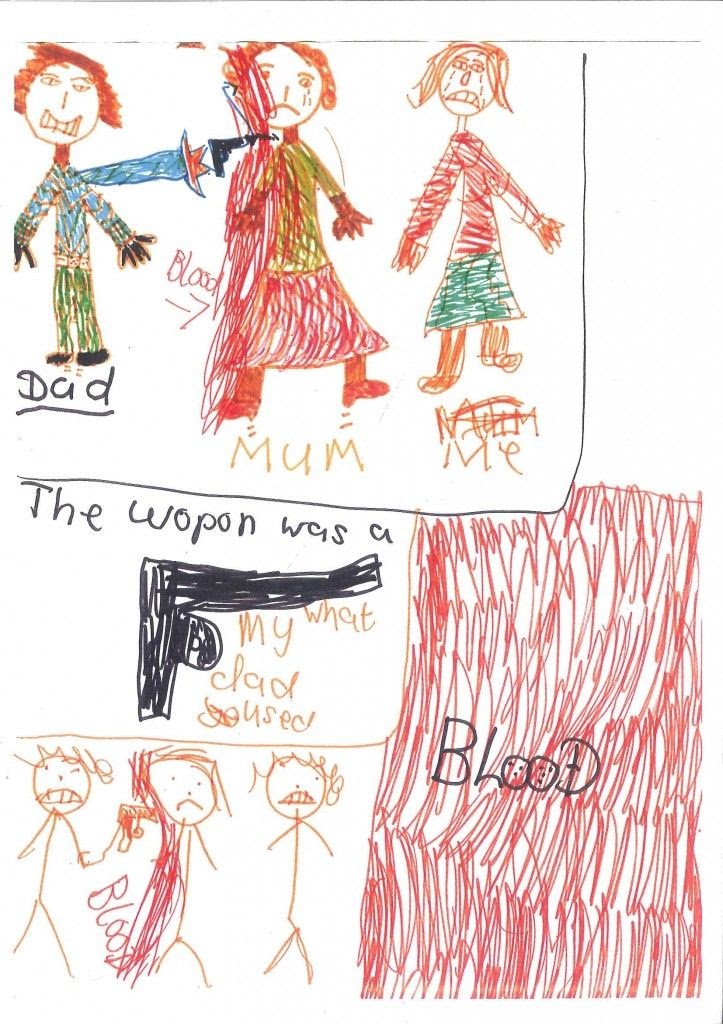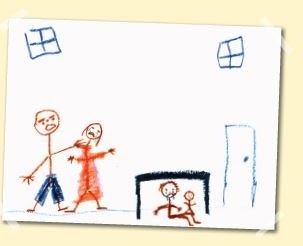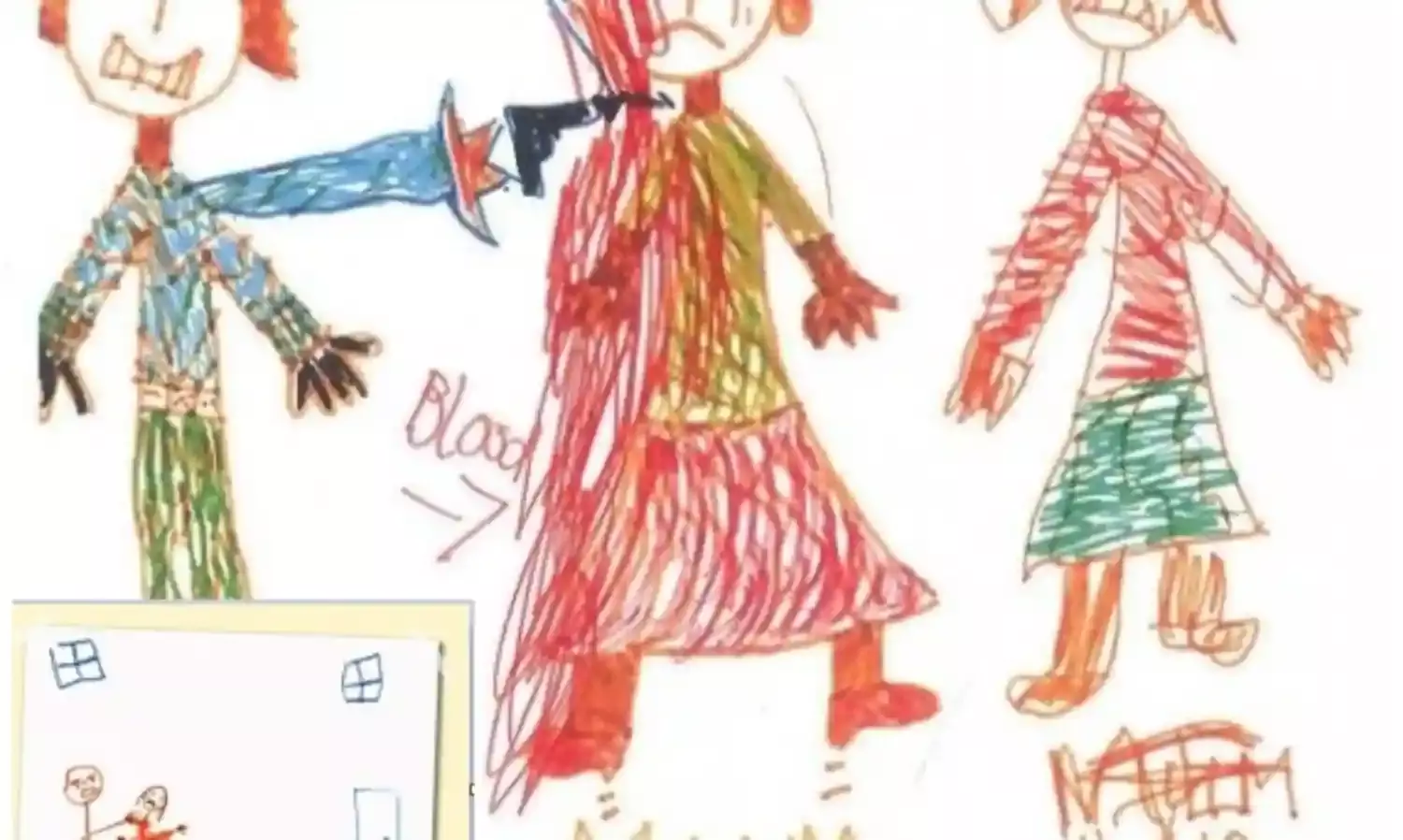Shadow Pandemic: Home Is Not A Safe Place for Everyone
Use Nirbhaya fund for domestic abuse
In what UN Women calls a shadow pandemic, violence perpetrated on women and girls has seen an alarming rise, as governments in more than 90 countries impose lockdowns to check the spread of Covid-19.
The UN statement highlights the need for emergency shelters, among other interventions, as women and children remain trapped inside homes with their abusers, cut off from help— whether a personal support network, civil society organisations or the state machine.
Home, after all, is not a safe place for everyone.
The Childline India helpline received 3.07 lakh phone calls in the twelve days between March 20 and 31. A third of callers sought protection from abuse and violence against children. The National Commission for Women recorded 370 complaints between March 23 and April 10 —123 of domestic abuse, 77 pertaining to the right to live with dignity, and 15 of married women being harassed inside their homes.
Women have limited economic resources and are disproportionately made to bear caregiving responsibilities, increasing their burden of work. In having to take care of household and family responsibilities, they are also at higher risk of contracting the virus.
NCW chairperson Rekha Sharma argues that the number of domestic abuse cases must be much higher than recorded, as fewer women are able to seek help with their abusers constantly present at home. Indeed, since March 25 several women’s rights organisations recorded a 50-65% drop in calls received on their helplines.
At the same time however, the spike in the number of cases recorded by the NCW is visible through emails, private messages on social media, postal complaints and landline calls. The NCW figures also leave out calls and requests for support received by NGO helplines, state Women’s Commissions, and by the police.
Thus, the extent of abuse remains unrecorded.
State governments’ response
In the first week of the Centre’s lockdown, Uttar Pradesh recorded 90 complaints of domestic abuse, followed by Delhi at 37, Bihar and Maharashtra at 18 and Madhya Pradesh at 11.
State governments provide different kinds of temporary shelters for women and girls in danger. Delhi has two Swadhar Greh homes and seven homes under the Delhi Women and Children’s Institutions (Licensing) Act, licensed by the Director of Social Justice, Delhi, as short-stay homes for women and children survivors of violence.
The NGO Jagori found that only four of these homes were running as of April 9. It is imperative to have all shelter homes running for the sake of women’s safety.
In these trying times there is no denying that police and protection officers who act as first responders are overstretched due to their responsibilities around Covid-19. Women’s rights organisations have also in some cases highlighted apathy on their part when women reached out.
Unfortunately, the police remain the most mobile arm of intervention during the imposed lockdown.
Right before the lockdown, Uttar Pradesh police placed a front-page ad asking victims to dial 112 beside the message, ‘Suppress Corona, not your voice’. With the promise of providing an enhanced response, the advertisement said complaints would be responded to in a personal visit by a female police officer to register the complaint and warn the perpetrator. If more violence occurred, more stringent action would be taken which could include arrest.
112 is a pan-India helpline, launched as an emergency response support system by the union home ministry, in a key project supported by the Nirbhaya Fund. Designed as an all-encompassing helpline, it is meant to mitigate or prevent escalating crimes especially against women and children.
Just last Friday, the Kerala government announced a WhatsApp number – 9400080292 – available 24/7 to report domestic violence during the lockdown. Chief minister Pinarayi Vijayan urged his government’s Social Justice Department to take immediate steps to prevent any further cases.
The NCW too has launched a Whatsapp number – 7217735372.
Anecdotal cases have also been reported via the child helpline where the perpetrator becomes violent because alcohol is not available. States like Kerala, Assam and Meghalaya have allowed wine shops to resume service, but the efficacy of this step in reducing domestic violence is difficult to assess.
While some governments have been proactive in responding to the multidimensional challenges posed by Covid-19, the question of what price to pay for checking the spread of the virus looms large over their heads. With the state seemingly overwhelmed with relief work, domestic abuse has not received the urgent attention it warrants.
Because of this, people in abusive situations are hard put to access medical care, sexual reproductive health services or counselling. It has been noted that humanitarian crises or pandemics render women and children even more vulnerable than before.
A comprehensive response is still missing on the part of the central and state governments.
The Nirbhaya Fund
With many localities all over the country being declared containment zones, where even harsher restrictions will be imposed on mobility, there is a need for state actors to respond urgently and effectively.
Created in the aftermath of the Delhi rape case of 2012, the Nirbhaya Fund is a non-lapsable corpus fund meant to tackle violence against women and girls in public spaces. Central governments can allocate funds from it independently of the annual budget; as of March 2020 some ?7,500 crore had been allocated to union ministries and the states.
Union minister of women and child development Smriti Irani also told Parliament that just 9% of the total allocation has been utilised so far.
Projects financed using the fund typically focus on building and strengthening the state institutional architecture in its response to gender-based violence. Schemes like One Stop Centres, a universal women’s helpline, and Mahila Police Volunteers directly aimed at women’s safety are paid for using the Nirbhaya Fund.
If the Empowered Committee were to allow state governments to repurpose and channel money from other projects financed by the Nirbhaya Fund, especially those projects where funds have remained grossly underutilised over the years, the states could provide counselling or sheltering services where necessary.
In some cases, legal services may be required too. Sheltering schemes like Swadhar Greh and Ujjawala, albeit not financed by the Nirbhaya Fund, have been witnessing low utilisation and are also constrained by their protocols, as many women’s rights organisations have observed.
The police must be sensitised and told in the strictest terms that they have to believe women, and help them out. Mahila (lady) Police Volunteers, who work on creating awareness about the existing services available to women, play a crucial role as a link between police and society on gender concerns.
The first step administrations must take is to identify essential workers and first responders in this situation. State Women Commissions should collect and compile data from NGOs and regional media houses and share them proactively with the Women and Child Development / Social Welfare Departments of state governments, the NCW and the union ministries concerned.
The Empowered Committee constituted to review and appraise proposals submitted by state and central government departments and autonomous government bodies under the Nirbhaya Fund should convene and take appropriate measures once the requisite data has been made available.
The committee, which is chaired by the Secretary in the Union Ministry of Women and Child Development, should also publish guidelines for the states that clearly define the purposes for which they can reallocate these funds.
Other steps could include classifying outreach to women in distress as an “essential service”. Nagar nigams and ASHA or anganwadi workers could become the first point of contact, and could disseminate information on how to seek help in case of distress.
The Union Ministry of Women and Child Development should issue strong media advisories encouraging women to report any abuse they might be facing at home. Some NGOs have charted out safety plans for women who are locked up with perpetrators; governments can help share such tips widely.
The Union Ministry of Social Justice and Empowerment could work alongside to provide LGBTQ+ Indians with shelter and safety from abusers. They should work to make existing shelter homes more accommodative, and provide alternative safe spaces where necessary.
It is incredibly hard for women to speak up even in the most supportive circumstance. The lockdown presents them with fewer options than before. Women need solid evidence that they will be heard, and that help will be sent immediately if they fear for their lives or their children’s.
With governments taking drastic measures as the Covid-19 pandemic unfolds, they must not ignore the disproportionate impact this emergency has on women and children.
Sakshi Rai and Drishti Rastogi work with the Centre for Budget and Governance Accountability in New Delhi. The views expressed are their own






